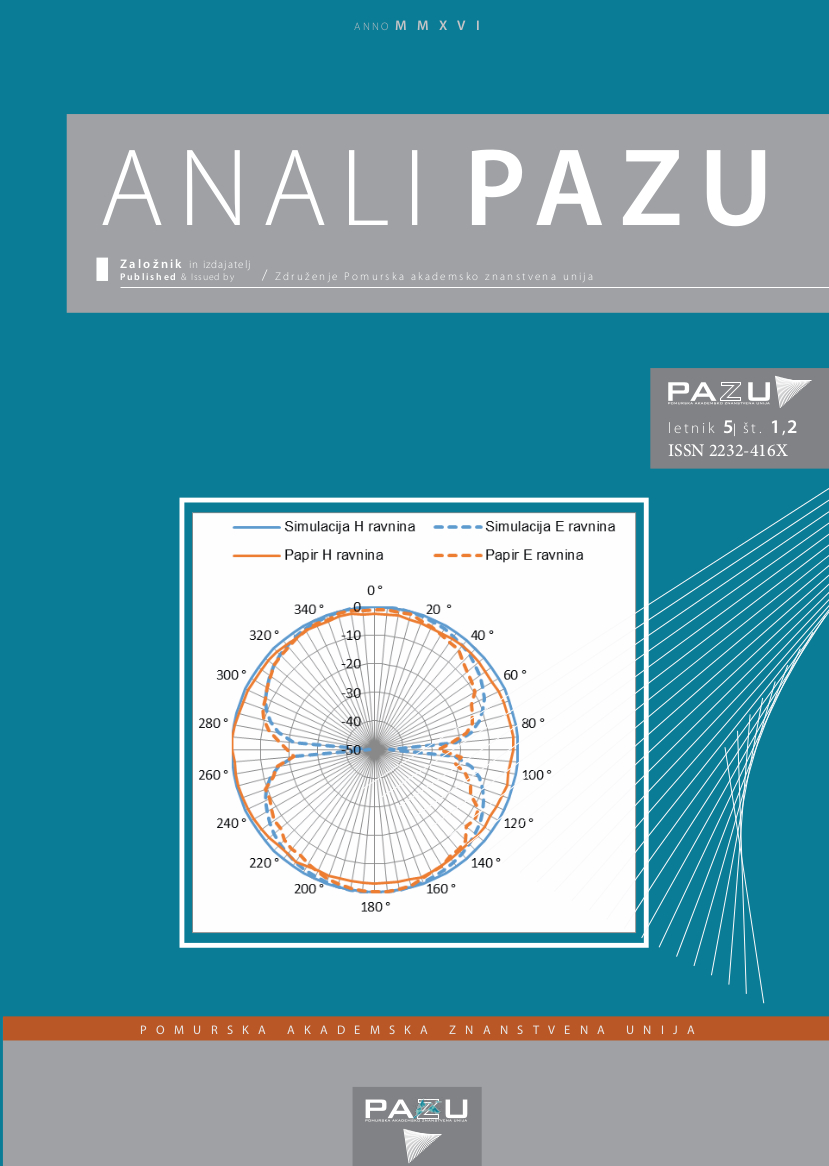Effect of static magnetic field on the wastewater
Abstract
Stricter environmental legislation and increasing costs of handling, which is tied especially with handling of growing amounts of wastewater, are forcing us towards accelerating search of finding new, advanced technologies of cleaning wastewater. Numerous studies have found that under the influence of static magnetic field the removal of organic substrates is increased. The fundamental goal of this research was to define the effect of moderate static magnetic field on effectiveness of biological cleaning real communal wastewater aggravated with nitrogen compounds. We directly exposed samples of wastewater with activated sludge (in sequencing batch reactor) to static magnetic field of density B = (0, 10, 30, 50) ± 0,5 mT. Research results show that static magnetic field of density B = 10 ± 0,5 mT inhibits the cleaning process while static magnetic field of density B = (30, 50) mT increases oxidation speed of ammonium nitrogen for w = 60 ± 5 respectively up to 85 ± 5 % at working with activated sludge. From the research results it is obvious that with the appropriate density and time of exposure of active sludge to static magnetic field we can increase removal of nitrogen compounds from wastewater.
